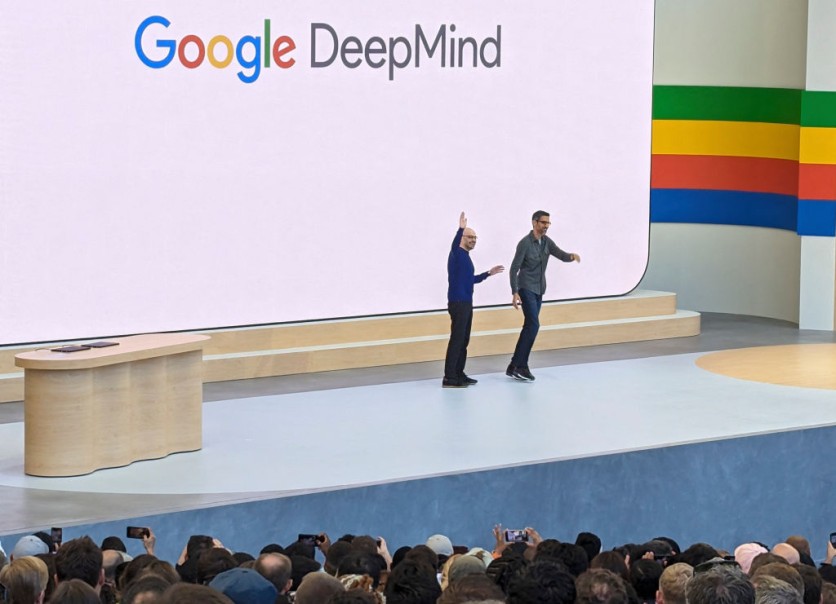At the Google I/O developer conference, Google revealed Tuesday that it is expanding its AI content watermarking and detection technologies to other mediums.
Demis Hassabis, CEO of DeepMind, enhanced SynthID to designate AI-generated video, text, and photos. According to a report from The Verge, this update addresses rising worries about AI abuse.
As AI grows more widespread, it might be exploited for harmful objectives like distributing political disinformation or generating nonconsensual material, making watermarking crucial.
Fighting Malicious Use of AI Technology
In its blog, Google underlined the necessity of recognizing AI-generated material for transparency and information trust. "While not a silver bullet for misinformation or misattribution, SynthID is a suite of promising technical solutions to this pressing AI safety issue," the firm said.
Last year we introduced SynthID, which adds imperceptible watermarks to AI-generated images and audio, making them easier to distinguish. Today we’re expanding SynthID to text and video outputs, including our new Veo model. #GoogleIO pic.twitter.com/XINWHZ37Q4
— Google (@Google) May 14, 2024
SynthID, unveiled last August, imprinted AI-generated visuals in a way that people couldn't see but the system could. SynthID contrasts with C2PA, which adds encrypted metadata to AI-generated content.
Google has also allowed SynthID to add inaudible watermarks to DeepMind's Lyria-generated music. Following the Biden administration's recommendations for government agencies to adopt technological abuse rules, SynthID is part of a larger effort to protect AI.
In a previous TechTimes report, Google CEO Sundar Pichai blamed the company's overuse of global users for Gemini AI's recent image-generation issue of being reluctant to create images of white people and historical figures with incorrect genders and ethnicities.
Google CEO Sundar Pichai said, "We got it wrong," and committed well-intentioned blunders.
Pichai said Google is trying to serve a global user base by answering typical questions like "Show me images of school teachers or doctors." He said the company's overapplication was the fault even in circumstances when it shouldn't have.
Gemini expects to fix the image-generation issue soon. In February, the CEO of Google DeepMind announced that the picture generator would return within a few weeks. Google did not reveal the functionality's release date.
Google's Gemini chatbots have been criticized for being "woke" and adding the term "diverse" to unnecessary comments.

Google Unleashes Gemini Nano
In another announcement, Google announced its integration of Gemini AI into Chrome on desktops during its Tuesday I/O event. Google Chrome 126 will have Gemini Nano, the smallest Gemini-based AI model.
The Pixel 8 Pro and Pixel 8 introduced Gemini Nano, Google's lightweight LLM. Google accelerated Chrome's AI by altering the model and browser.
According to Google's blog, Gemini Nano uses Android 14's AICore system-level capabilities, which enable mobile users to access foundation models.
AICore pre-installs foundation models, avoiding app downloads and distribution. LoRa developers may customize models. Pixel 8 Pro and Samsung S24 Series devices use Android AICore for new Google app capabilities.
This link lets Chrome users write product reviews, social media posts, and more. Gemini Nano runs locally on the user's device, unlike the cloud-based Microsoft Copilot AI in the Edge browser.
Google also announced that Chrome DevTools would integrate Gemini for app debugging and optimization. Gemini will explain errors and suggest code improvements.
Related Article : Google Unveils AI-Powered Search Results, Favoring AI Over Website Links

ⓒ 2025 TECHTIMES.com All rights reserved. Do not reproduce without permission.




